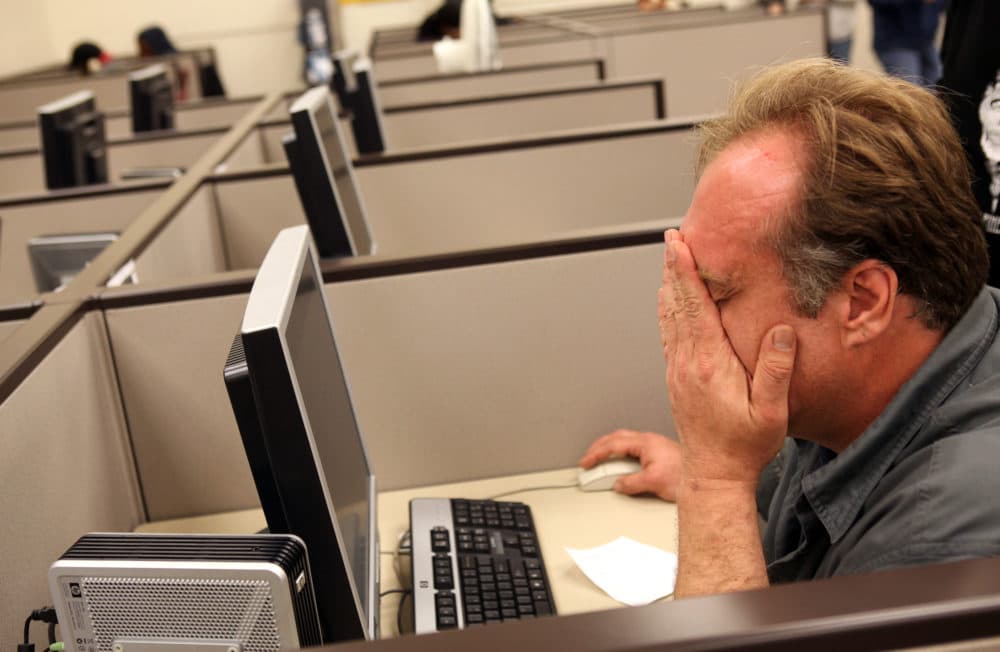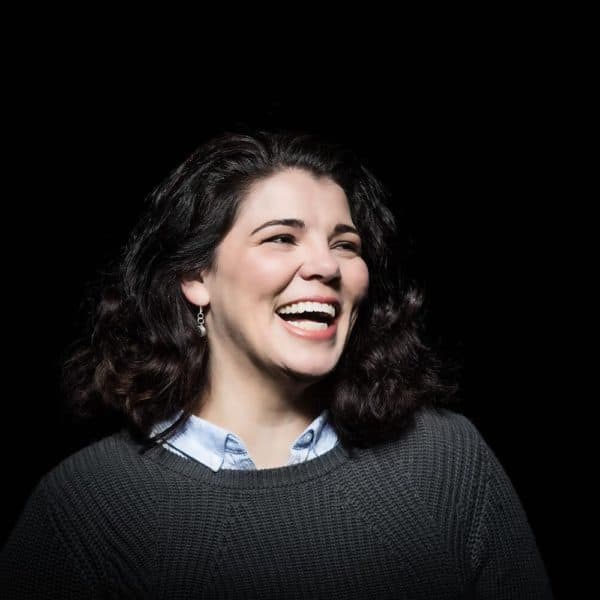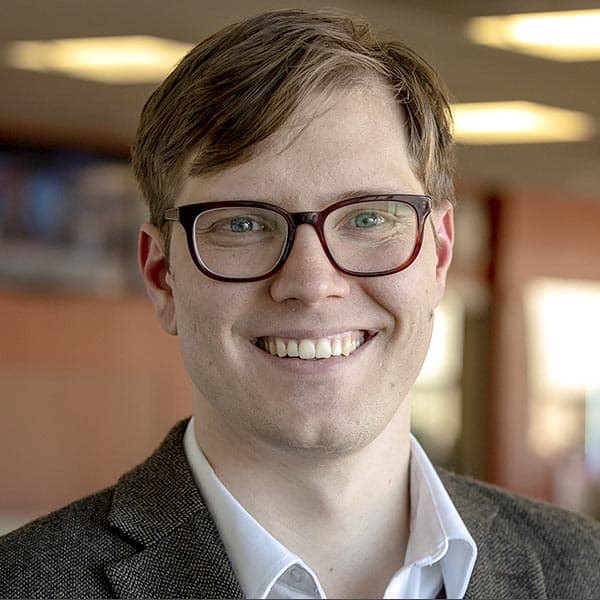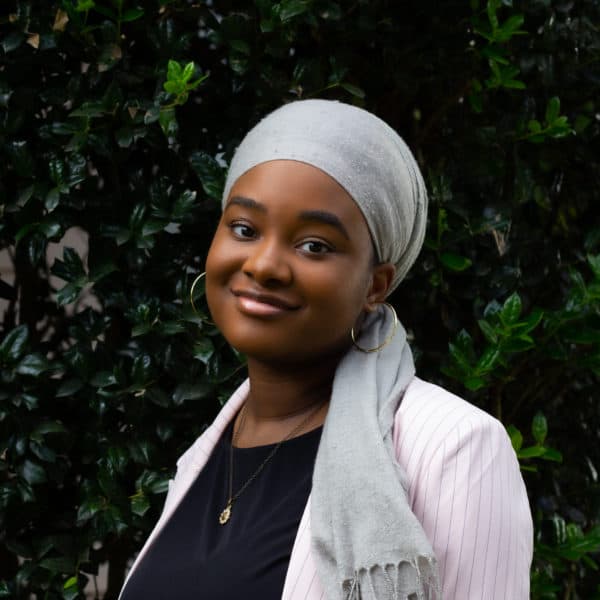Advertisement
'Quiet quitting,' explained: The workplace trend sparking a global debate
Resume
The phrase “quiet quitting” is rapidly spreading across social media and sparking a global debate.
But Taylor Telford, who covers corporate culture for the Washington Post, says the phrase doesn’t really involve quitting a job.
“[Workers are] basically renouncing hustle culture itself and kind of quitting the idea of going above and beyond at work,” Telford says.
Quiet quitting is a new term for an old concept of employee disengagement, and it’s striking a chord with Millennial and Generation Z workers who are looking to rewrite workplace rules.
Even before the pandemic, burnout was an issue. The World Health Organization defined it as “chronic workplace stress that has not been successfully managed” in 2019, and a 2022 study from the American Psychological Association confirmed burnout continues to rise. Telford says talks of quiet quitting came amidst burnout spikes and arrived on the heels of the Great Resignation, which saw over 47 million workers voluntarily leave their jobs in 2021.
The power dynamic between employees and employers is also shifting. For a lot of companies, Telford says, employees have other job options.
“It's really in companies' best interests to keep those employees happy, even if it means making concessions to the way that those jobs are done,” Telford says.
Tech giants like Steve Jobs and Bill Gates have long been a source of inspiration for people. Jobs was said to work long hours while Gates allegedly slept in his office. Now, compared to Baby Boomers and Generation X prioritizing work-life balance, Telford says Millennials and Gen Z workers are more interested in career paths that will give them the life they want outside of work.
“The pandemic just really sped things up by physically separating workers from their employers and their colleagues and kind of making it easier for people to see what their lives would be like if work wasn't taking up so much space,” Telford says.
James Perkins Mastromarino produced and edited this interview for broadcast with Tinku Ray. Jeannette Muhammad adapted it for the web.
This segment aired on August 24, 2022.


